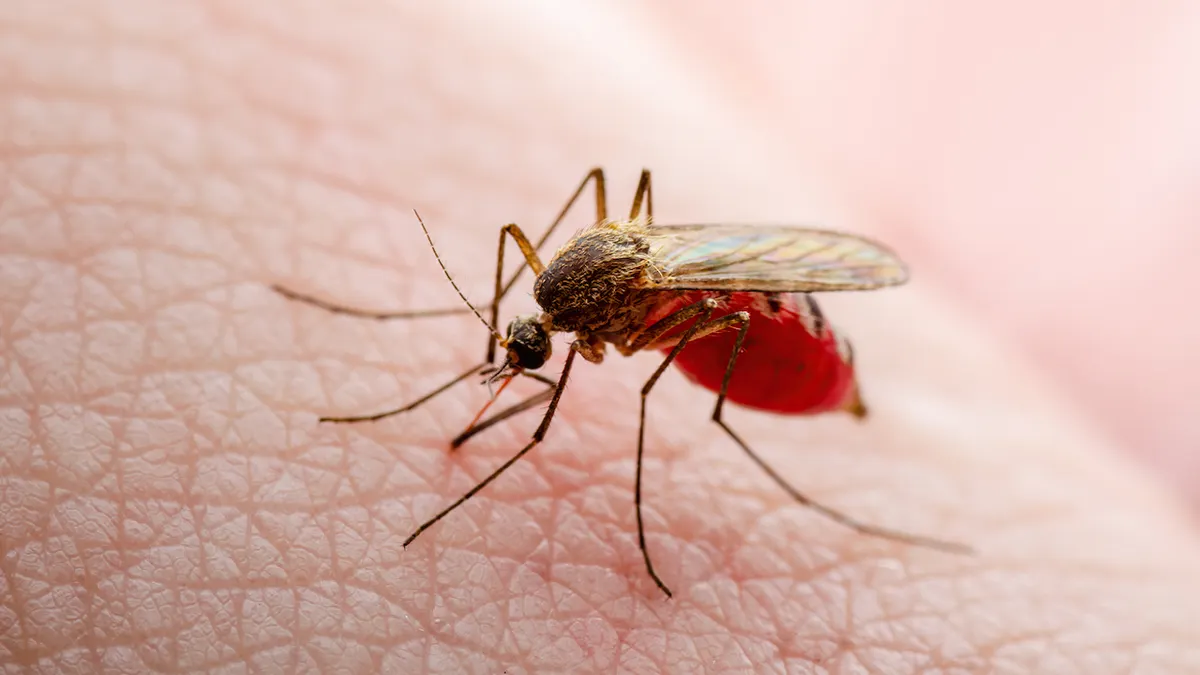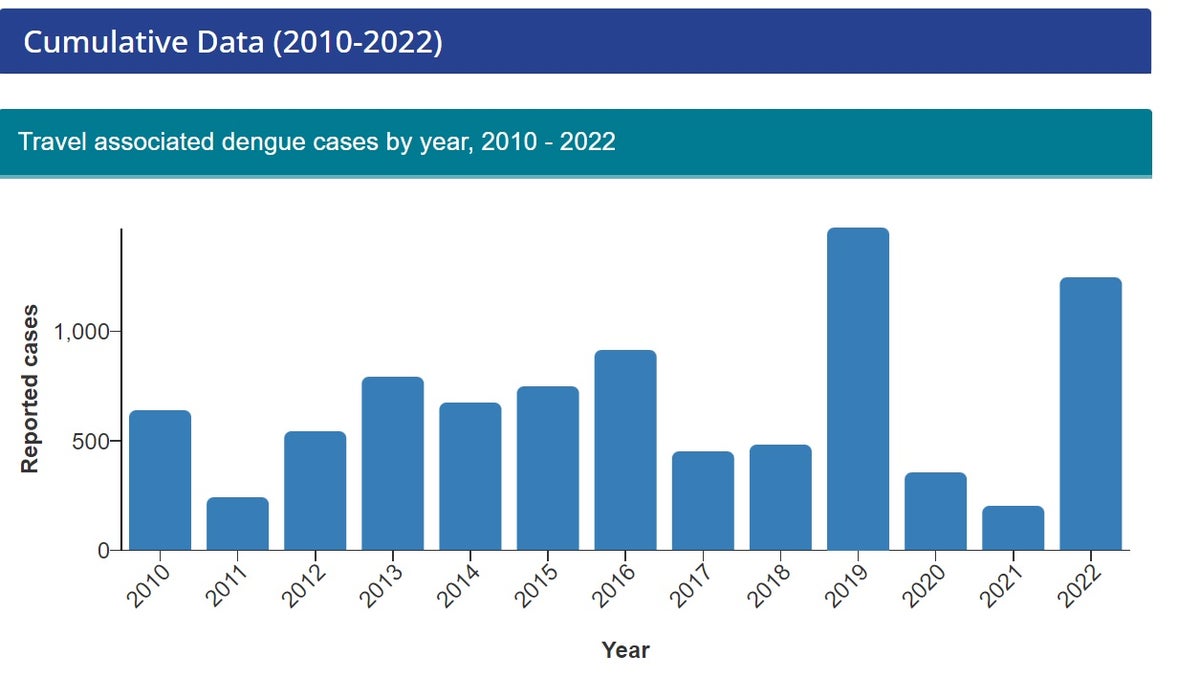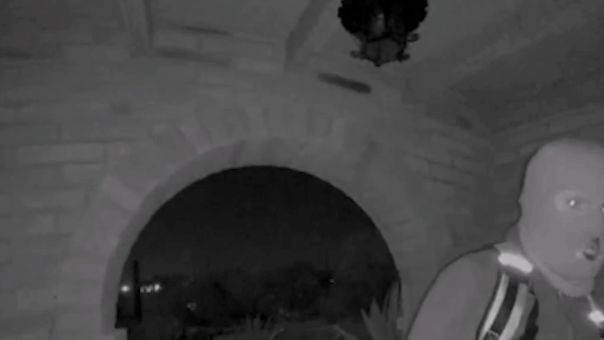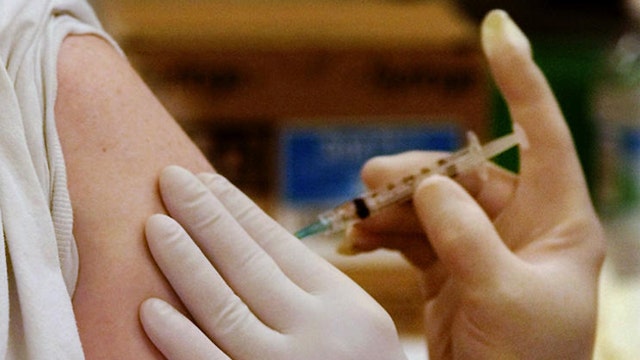The first locally acquired case of dengue virus — often referred to as "break-bone fever" — was contracted by a resident in Pasadena, California, public health officials said Friday.
This is the first locally acquired case of dengue virus in California that is not associated with travel, according to Manuel Carmona, the city of Pasadena's acting director of Public Health.
It is "instead an extremely rare case of local transmission in the continental United States," and is spread by infected mosquito bites, Carmona said.
"The Pasadena Public Health Department is conducting surveillance, and field teams have visited a Pasadena neighborhood to offer information for preventing mosquito breeding around their homes and preventing bites," he said.

Dangerous Zika Infected Mosquito Skin Bite. Leishmaniasis, Encephalitis, Yellow Fever, Dengue, Malaria Disease, Mayaro or Zika Virus Infectious Culex Mosquito Parasite Insect Macro. (iStock)
Based on years of surveillance and testing, Carmona said that this is "likely" an isolated incident, but the Pasadena Health Department has taken steps to ensure that it doesn't spread.
"The San Gabriel Valley Mosquito and Vector Control District has deployed traps to assess the mosquito population and, importantly, testing to date has not identified any Dengue infected mosquitos," he said in a public health statement.
IS IT JUST A MOSQUITO BITE — OR COULD IT BE 'SKEETER SYNDROME'? HERE'S WHAT TO KNOW
"Testing of mosquitos from additional traps will continue over the next few weeks," the statement added.
Carmona added that there is a "very low risk of additional dengue exposure" in the city.

Number of dengue virus cases in the U.S. between 2010 and 2022, which are mostly found in travelers, according to the CDC. (CDC)
Most dengue virus cases don't cause any symptoms, according to the World Health Organization (WHO).
About one in four people who get sick typically have a high fever, headache, body aches, nausea and a rash, which lasts about one to two weeks, the CDC says.
Extreme cases — although very rare — can be fatal, according to the WHO. The CDC has estimated extreme dengue virus cases to be about one in 20.
The strangest part about this particular case in Pasadena is that it was contracted by someone who had not traveled.
CLICK HERE TO GET THE FOX NEWS APP
While the virus is rare in the U.S., about half of the world's population is at risk of dengue, according to the WHO, particularly people living in tropical and subtropical climates.
Virtually every case in the U.S. has been found in travelers. Last year, there were 67 cases of locally acquired dengue virus: two were in Arizona, and 65 in Florida, according to CDC statistics.











































